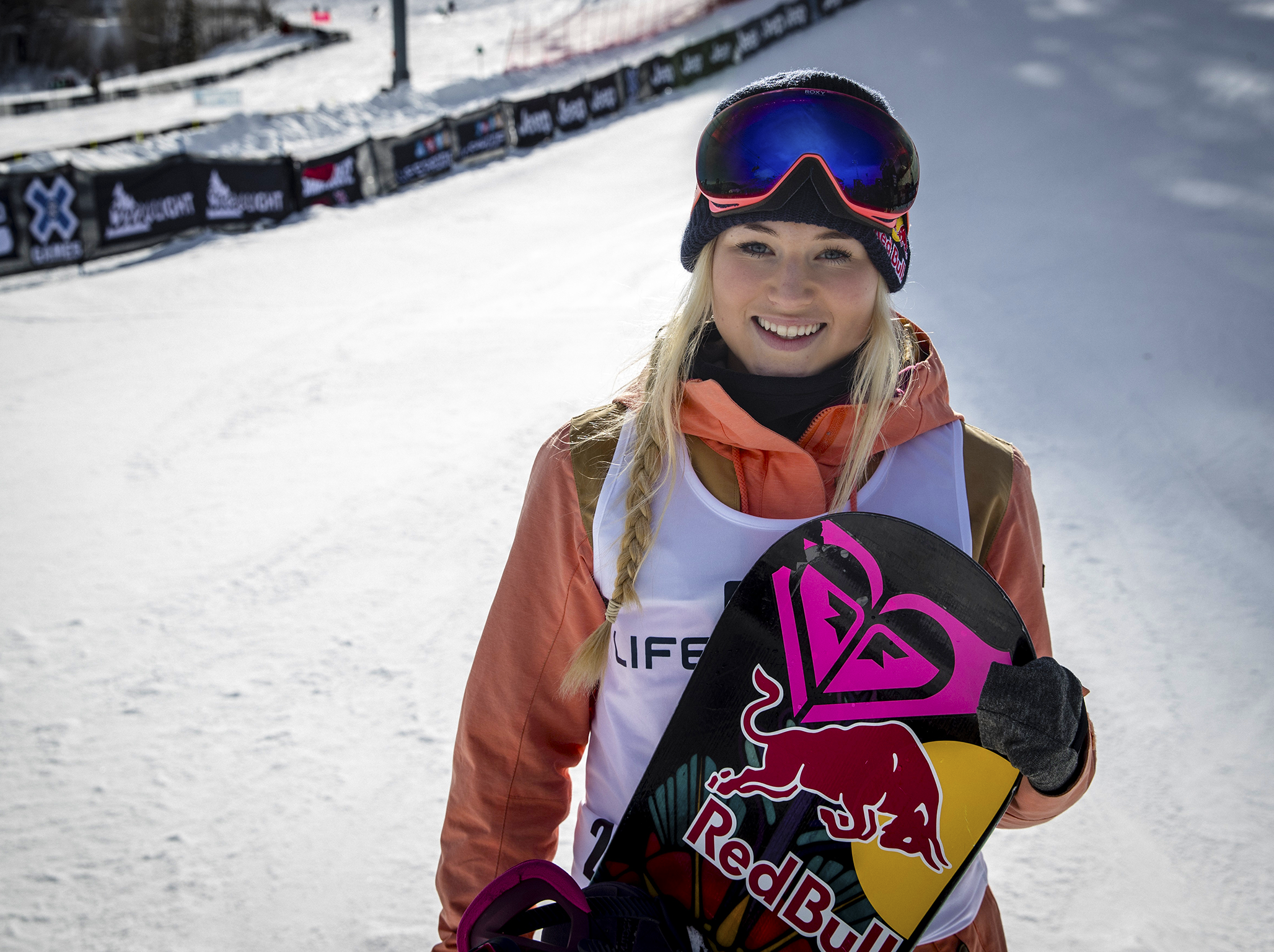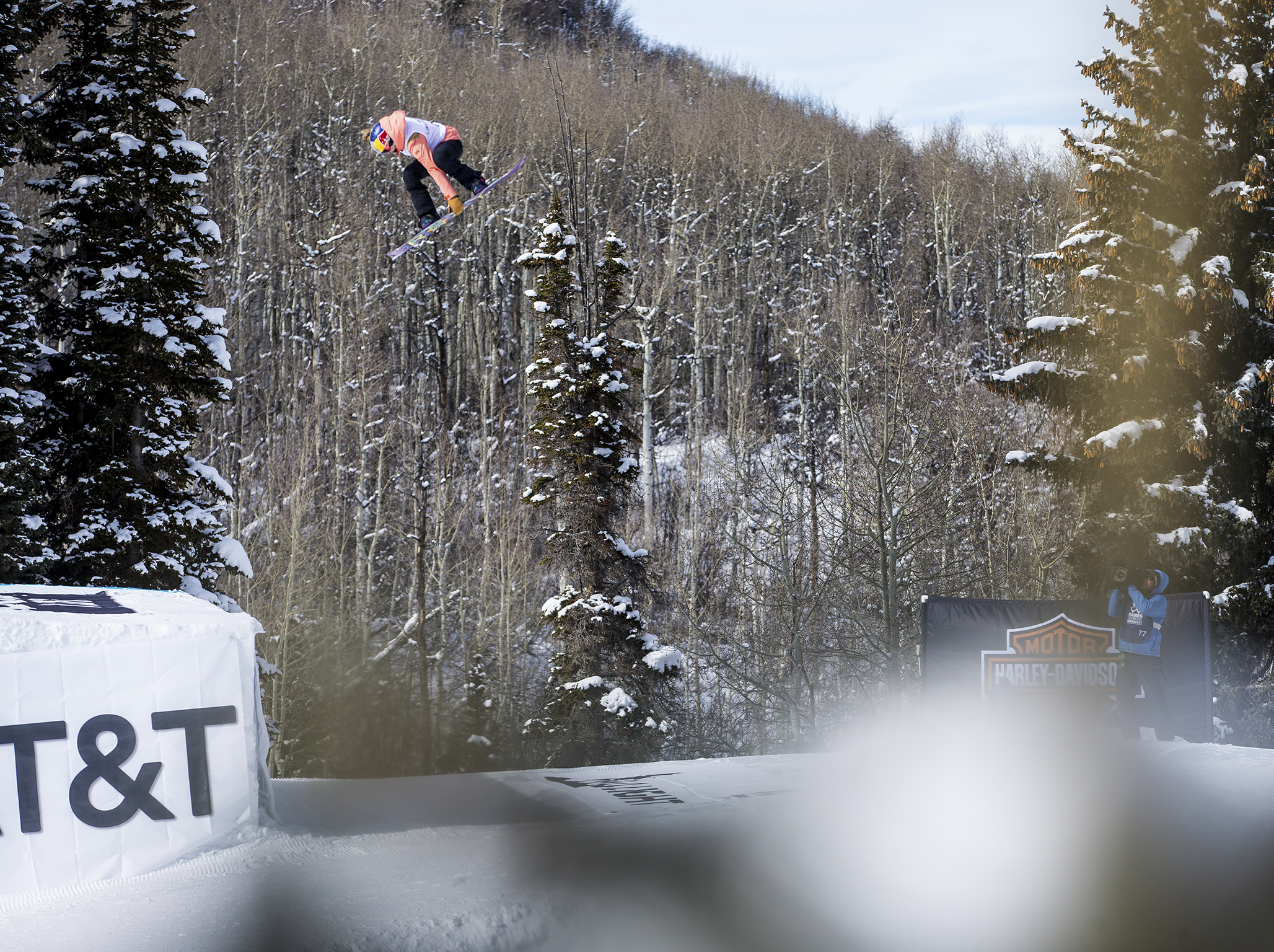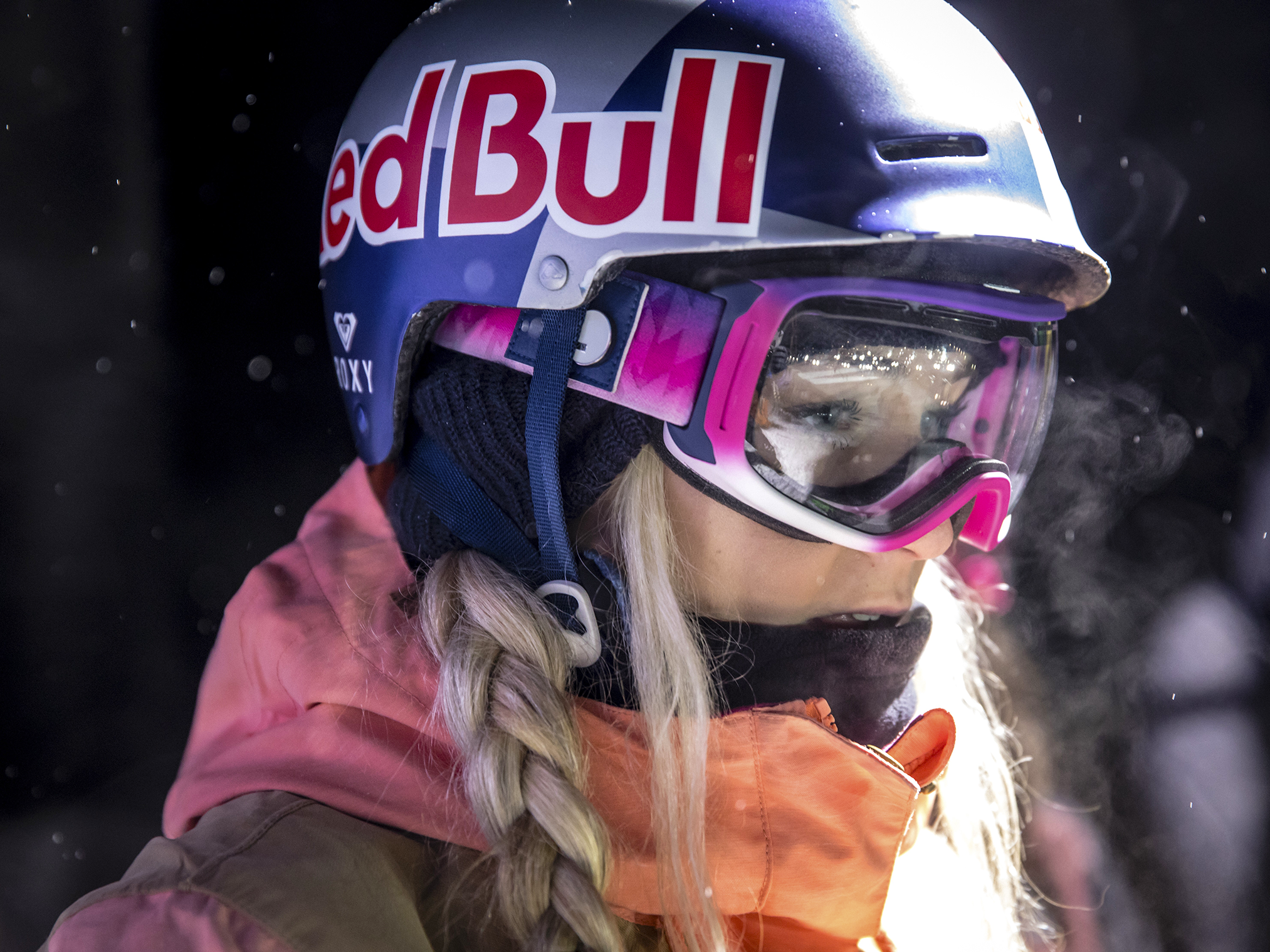Meet Katie Ormerod, the rising snowboard star who could become the face of Britain's Winter Olympics
Exclusive interview: The 20-year-old will compete in slopestyle and big air in Pyeongchang, two eye-catching freestyle events, and is a major medal hope despite breaking her back last year

Your support helps us to tell the story
From reproductive rights to climate change to Big Tech, The Independent is on the ground when the story is developing. Whether it's investigating the financials of Elon Musk's pro-Trump PAC or producing our latest documentary, 'The A Word', which shines a light on the American women fighting for reproductive rights, we know how important it is to parse out the facts from the messaging.
At such a critical moment in US history, we need reporters on the ground. Your donation allows us to keep sending journalists to speak to both sides of the story.
The Independent is trusted by Americans across the entire political spectrum. And unlike many other quality news outlets, we choose not to lock Americans out of our reporting and analysis with paywalls. We believe quality journalism should be available to everyone, paid for by those who can afford it.
Your support makes all the difference.An interview with Katie Ormerod reveals how snowboarders live between the fine margins of risk and reward. Risk is the reason most of us spend our days connected firmly to the ground. Reward is the reason the 20-year-old detaches herself from the world to jump and spin in adrenaline-filled isolation. “It is an indescribable feeling,” she says. “It’s the reason why I do my sport. There’s no better feeling than flying through the air and landing a trick.”
It is an obsession that began when Ormerod was three, on baby skis at Halifax dry slope. She tried snowboarding at five, and made history at 16 as the first female snowboarder to land a backside double cork 1080. Now she is preparing for her first Olympics by honing her skills on a giant airbag – jump, trick, repeat – at the British team’s training base in Livigno in the Italian Alps.
Ormerod’s events – slopestyle and big air – are designed to pull the Winter Games away from some of its staid traditions and create a spectacle. Slopestyle is a course of jumps and rails which provides the fireworks display, big air is one huge bang. The latter is making its Olympic debut in Pyeongchang after the success of the former in Sochi. They are breathtaking to watch – and therein lies the risk, which Ormerod knows all too well.
She was warming up at last year’s World Championships in Spain when she crash-landed and felt a judder of pain through her spine. “I went too big, first run of the day, and ended up catching my heel edge,” she says. “Because it was first thing in the morning, the landing was sheet ice and I just went flat on my back. I actually walked it off and rode down, and went home to have a little nap because I’d banged my head as well. It wasn’t until a few hours later that I thought: ‘I need to go to hospital’.
“I got it checked out and the doctor told me I’d broken my back; I’d chipped a bit of my L2 vertebra. It wasn’t the easiest thing to take – it was quite scary and no one wants to hear that they’ve broken their back. But I got really lucky. I didn’t need surgery, it was just a really simple six weeks recovery.”
Ormerod enjoyed two golden years either side of her injury. She was regularly pictured smiling on podiums around the world and achieved her career highlight so far, winning the big air World Cup in Moscow. She has elevated herself into snowboarding’s elite and is now one of Team GB’s best hopes of bringing home a medal. It is not a stretch to imagine the likeable and self-assured snowboarder from Yorkshire becoming the face of Britain’s Games.
“I missed out on Sochi and I’ve been thinking about the 2018 Olympics ever since,” she admits. “I’ve put in a lot of hard work to get to this position now where I am a medal hope and everyone is rooting for me. It does come with a tiny bit of added pressure but I’ll use that as a good thing. In competition when I feel that extra bit of pressure it always makes me do better. I always get on the podium because it’s a big adrenaline rush so it works to my advantage.”

Success will bring attention but she is unfazed, and encouraged by the potential recognition for herself and her sport. The Olympics is a chance to bring winter sports to the forefront and freestyle events are the perfect hook. In 2002 the British public briefly became curling experts, turning up to work and school bleary eyed to discuss the previous night’s sweeping. We might all know our cabs from our double corks by the end of the Games in Pyeongchang.
What is evident talking to Ormerod is a dedication and single-mindedness that is fully convincing. She speaks with the authority of someone who has never once questioned that they would become an Olympian; a case of when, not if. “I’m feeling really confident. I’ve already done so much good stuff [in training]. Yesterday I was working on my cab 900 because in the past it’s one of the most consistent tricks which I’ve had a really bad grab, and that’s been letting me down sometimes, and that can be the difference between third and fourth place. What I did is changed the grab and that really worked for me.”

She may jump for the joy of it, but Ormerod is determined to turn her hard work into more tangible reward. “As long as I put down the best run I can possibly do, and I know that I did my best, then I’d be happy. Obviously I really want to bring back a medal but right now the colour doesn’t really matter. I’d love to bring back a gold but even if I brought back a bronze that would be the best thing ever. I’m really just hoping that I can bring back a medal, that would be a dream come true.”
To find out more about Katie Ormerod, go to her athlete profile on RedBull.com
Join our commenting forum
Join thought-provoking conversations, follow other Independent readers and see their replies
Comments